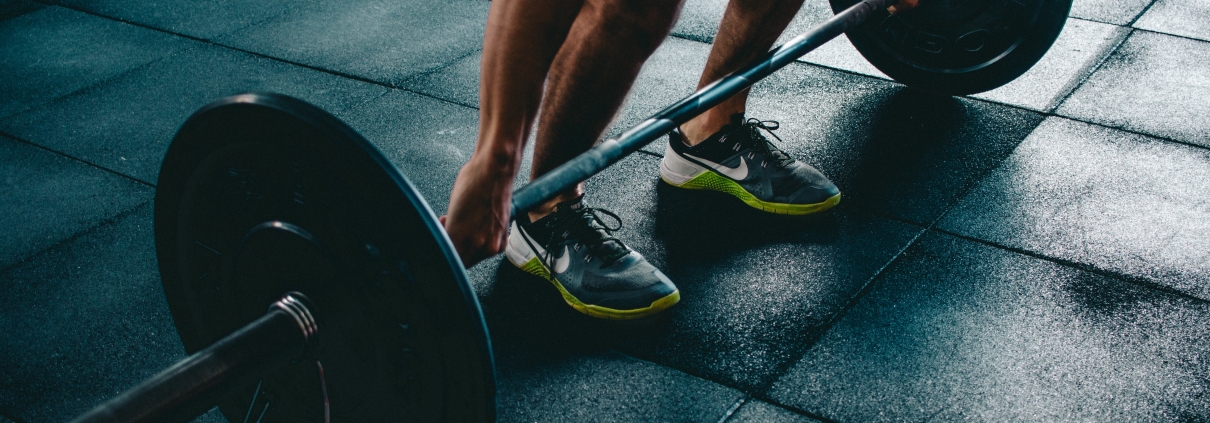Increasing Weight or Increasing Reps: Can Both Make You Stronger?
This study examined whether progressive overload via increasing weight or increasing repetitions elicited similar muscular adaptations. Progressive overload is the continual increase of workload over time throughout a training regimen, which is necessary to stimulate ongoing muscular adaptation and is traditionally accomplished through increases in load (weight). This study investigated using continual increases in repetitions as compared to weight to progressively increase workload and the resulting outcomes for muscular strength, hypertrophy, and endurance.
Overall, there were improvements in all three variables in both groups that were similar between the groups. Strength (measured by 1RM back squat) increased in both groups and slightly favored the load group with an effect size of 2kg but a wide confidence interval. Muscle endurance increased in both groups and slightly favored the reps group by 2%. Hypertrophy improved similarly in both groups with the exception of one muscle (of 4 tested), the rectus femoris, which slightly favored the reps group.
A few caveats to note: this study started with quite a high rep range for both groups (8-12 reps as a starting point), and the reps group increased from there. This is quite a high rep range even at the starting point, and the practicality of implementing an increasing rep scheme from that baseline and maintaining good adherence to training might be difficult. Along these lines, the authors noted that the reps group seemed to have a harder time training to actual failure likely due to “greater metabolic acidosis and discomfort” (translation: it was difficult and painful). In addition, this study population was young people with prior weight training experience, and the results may not be generalizable to other groups. The authors attempted to control for dietary factors with self-reported food diaries, but the accuracy of this is questionable and there could be dietary related differences between the groups. Finally, this protocol included training to failure, which when implemented in the real world may increase risks (greater fatigue, injury) and may not be necessary to achieve substantial improvements in the desired outcomes.
Overall, this study suggests that progressive overload in strength training can likely be achieved with either increases in load or reps assuming sufficient training stimulus (effort). Further research is needed to determine if there are benefits for one protocol or the other for relative improvements in strength, hypertrophy, or endurance. Future study should also evaluate practicality/adherence and generalizability to other groups.
By: Sarah DeParis, MD
Journal Reference:
- Plotkin D, Coleman M, Van Every D, Maldonado J, Oberlin D, Israetel M, Feather J, Alto A, Vigotsky AD, Schoenfeld BJ. Progressive overload without progressing load? The effects of load or repetition progression on muscular adaptations. PeerJ. 2022 Sep 30;10:e14142. doi: 10.7717/peerj.14142. PMID: 36199287; PMCID: PMC9528903.



